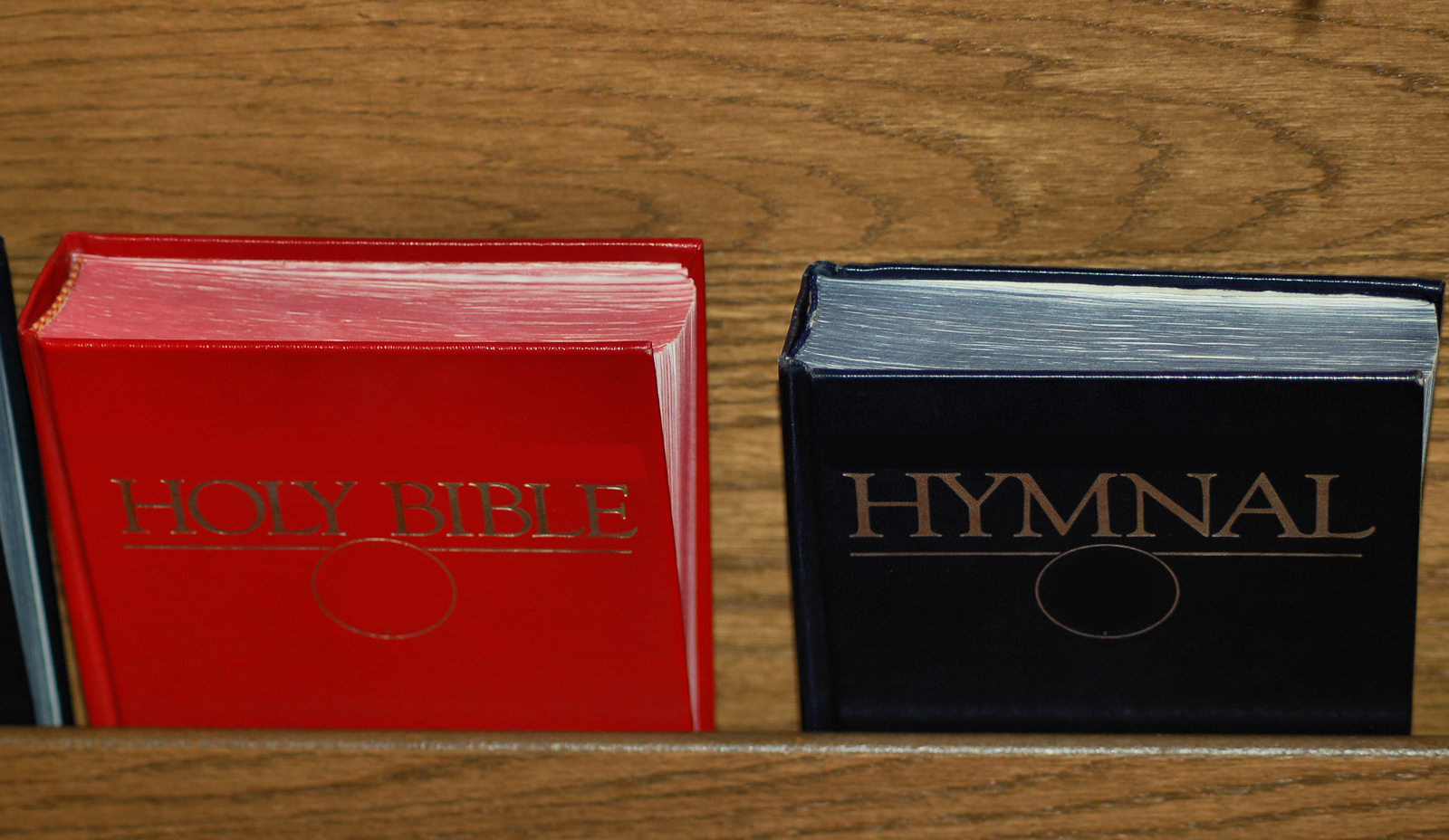Whenever church folk hear that I lead worship at a church, their subsequent two questions have become numbingly predictable.
First: “How big is your church?” This is relatively easy, even though I’m not a big fan of the question itself.
Second: “Do you sing hymns?” I always pause before I answer this question.
I know what they are asking. I cut my teeth on the great “hymns of the faith.” I was fed Isaac, Fanny and the Wesleys from the bottle. In essence, they are asking if we sing familiar songs written pre-Jesus People Movement (late 1960s-1970s) that have recognizable stanzas, parts, high-language and don’t require drums.
Usually, my response is something about how we have a vast well of music to draw from in the church, and we drink deeply of all songs that are biblically rich, theologically accurate and Christ-centered regardless of what era they are from.
They often politely look at my spiky hair and skinny jeans (technically a slim-straight cut) and smile as they nod and walk away.
I care deeply about the songs of the church – not just because I like music but because the command to “Sing!” is the most often repeated commandment in the Scriptures. We have been wired to respond to rhythm and prose in a way that not only makes lyrics memorable and digestible but makes songs didactic, emotive and gives great color and dimension to the timeless truth of the Gospel. We are created to respond uniquely to music.
There are indeed different songs available to the church, but I don’t believe their designation should be made by date, tempo or arrangement. The Scripture instructs us to “Let the word of Christ dwell in you richly, teaching and admonishing one another in all wisdom, singing psalms and hymns and spiritual songs, with thankfulness in your hearts to God” (Col. 3:16). We are to address one another in the church with songs and raise our melody together to the Lord (Eph. 5:19).
Before we ask if we sing hymns or not, I want us to consider three questions: What does the Bible mean by “hymns;” what are the church’s hymns intended to do; and do we sing hymns (even modern and new) in the church today?
What does the Bible mean by ‘hymns’?
The Greek word hymnos (as seen in Col. 3:16 and Eph. 5:19 above) basically means a song of praise, an ode to a hero or a sacred song. The way the Bible uses the term is to speak of songs sung by believers in honor and praise of God.
What are the church’s hymns meant to do?
Given the context of the verses above, it is clear the Bible intends for its songs (including hymns) to do several things. They are to carry the Word. They are to teach. They are to admonish the gathered church with wisdom. They are to contain a corporate element of speaking to one another as we address God. They are to praise God.
In essence, the Bible’s definition of a hymn is a song sung by, to and with the church that uses the Word of God to teach and admonish the church, as the church’s words and hearts are directed together toward the praise of God.
Can modern songs by hymns?
By this definition, it is easy to see the capacity is alive and well for biblical hymns to be written and incorporated into every style of worship. A hymn written by a 16th century Puritan can be placed next to a song written and released last week on iTunes from a millennial’s MacBook in a church’s order of worship, and that church can proudly declare, “We sing hymns!”
Interestingly enough, a great resurgence of hymn writers is currently releasing beautiful new hymns for the church. Matt Boswell, Keith and Kristyn Getty, Sovereign Grace Music and many others are producing biblical, profound, rich, Gospel-centered truths as played and sung with modern instrumentation and melody.
The distinction of “hymn” is not about style, but content. Sadly, many songs written today focus on the self and are not suitable for corporate worship. They contain little-to-no biblical or doctrinal content. By the same token, many songs that have been mainstays for centuries in our hymnals also suffer from the same deficiency.
Indeed the church does have a deep well to draw from for its music, and hymns from today stand alongside 2,000 years of hymns declaring the glory of Jesus Christ and the richness of God’s Word. May we select and judge our songs not based on rhythm or arrangement but on doctrinal clarity, biblical fidelity and proper exaltation of Christ.
Though modern or traditional in style, may all our churches be dedicated to the great hymns of the faith – old and new.
“Make a joyful noise to the LORD, all the earth!
Serve the LORD with gladness!
Come into his presence with singing!
Know that the LORD, he is God!
It is he who made us, and we are his;
We are his people, and the sheep of his pasture.
Enter his gates with thanksgiving,
And his courts with praise!
Give thanks to him; bless his name!
For the LORD is good;
His steadfast love endures forever,
And his faithfulness to all generations.”
(Psalm 100)
